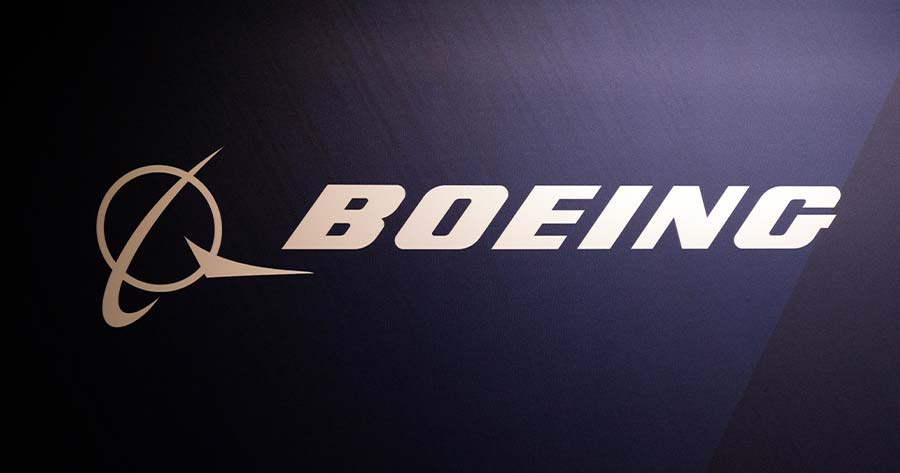Friday saw Boeings in deep trouble, as more than 30,000 employees prepared to strike after rejecting a new labor contract, threatening to halt most of the company’s aircraft production sectors.
This new development concerns Boeing, which is still struggling to build up production and clean up its reputation after a huge safety scandal.
Boeing’s workers in the Seattle and Oregon area voted 94.6% against a tentative agreement that the company and International Association of Machinist and Aerospace Workers submitted on Sunday, as 96% of employees voting to strike, up to two-thirds of employees won’t be coming for work.
IAM District 751 President Jon Holden at a press conference where the vote’s result was announced, said to the press that the strike, which will start at midnight, is a strike against unfair labor practice for alleged discriminatory conduct, coercive questioning, unlawful surveillance, and unlawful benefits for factory workers.
The proposed agreement included a 25% increase in wages and improvement to health care and retirement benefits, although the union aims to raise the wages to 40%. Employees complain that the proposal did not consider the rise in living costs.
The strike will be a disaster for CEO Kelly Ortberg, who has been in the office for only five weeks and had urged his workers not to strike and accept the new contract, fearing it would disrupt the company’s recovery.
The impact on a company’s finances will be determined by the length of the strike.
Sheila Kahyaoglu, Jefferies aerospace analyst, estimated 30-day damage from a strike to be up to $1.5 billion and could destabilize suppliers and supply chains. She also calculated that if the tentative agreement were accepted the annual impact would be $900 million.
This year alone saw Boeing burn through its budget of about $8 billion with soaring debt, lackluster production since the company has to clear up its manufacturing flaws, a scandal regarding its new Boeing 737 Max 9 at the start of this year that has brought government scrutiny over Boeing’s production line, and having to deal with other industry-wide issues like supply and labor shortages.




